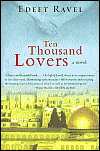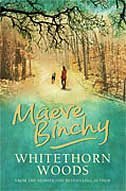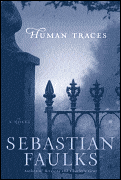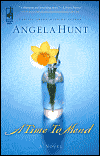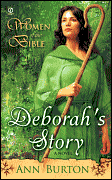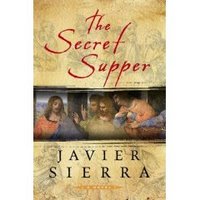Top Ten Books of 2006
1. Joseph Boyden, Three Day Road
2. Ami McKay, The Birth House
3. Joan Clark, An Audience of Chairs
4. Andrea Levy, Small Island
5. Sarah Dunant, In the Company of the Courtesan
6. Camilla Gibb, Sweetness in the Belly
7. Joshilyn Jackson, Between, Georgia
8. Jasper Fforde, The Big Over Easy
9. Robin Hobb, Shaman's Crossing
10. Robin Hobb, Assassin's Apprentice
The stats, for anyone who cares:
10 fiction, 0 non-fiction -- not a good year for non-fiction for me!
4 Canadian, 2 British, 4 American novels
8 female, 2 male writers -- about par for the course!
3 fantasy, 5 historical fiction, 2 contemporary fiction (a bit hard to determine as I'm never sure where I should mark the cut-off to consider a book "historical" vs "contemporary")
Altogether I read about 80 books this year, which is fewer than I usually read, but only a few of them were re-reads this time, so I probably read more new books than I generally do. It's been a good reading year and I'm looking forward to discovering more great books in 2007.



